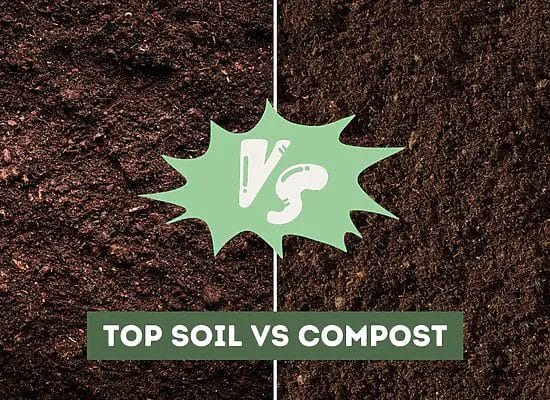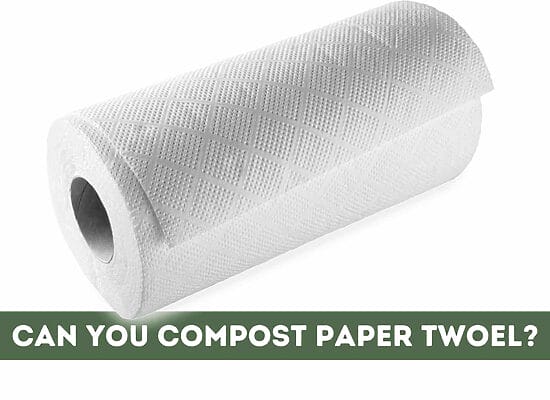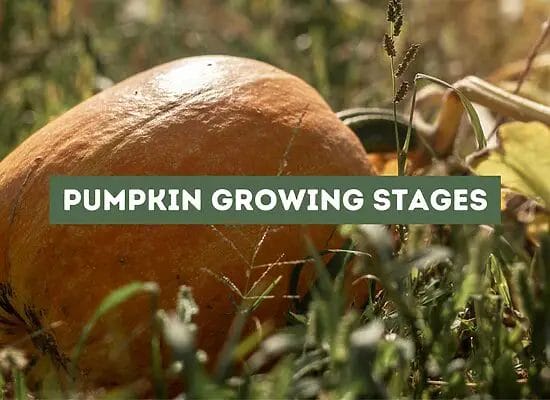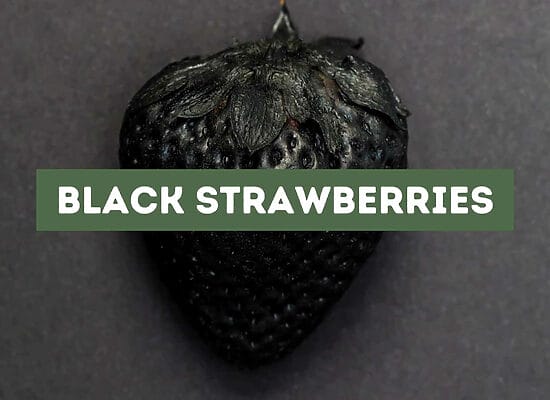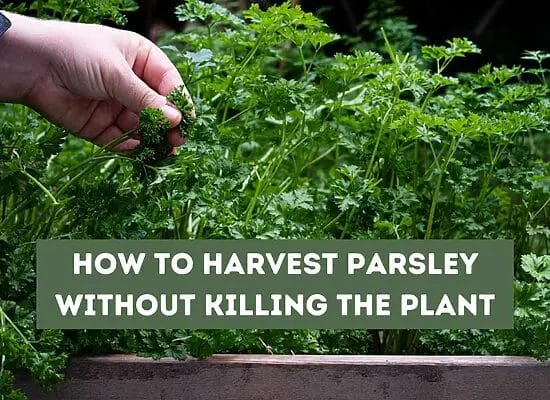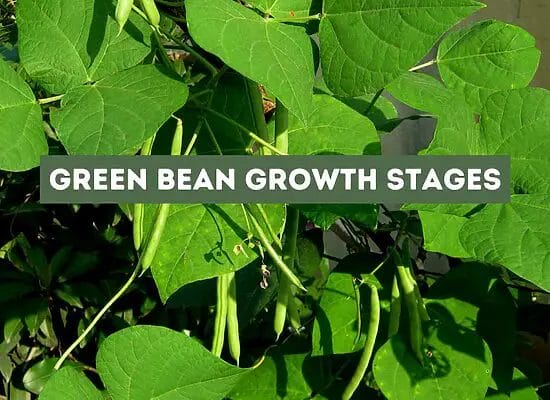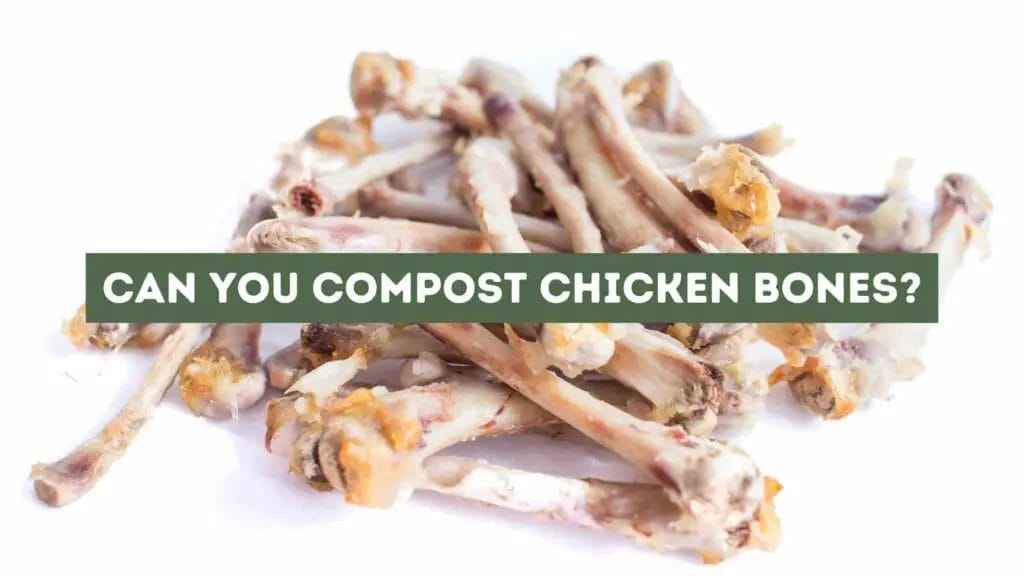
Are you wondering if you can compost chicken bones? The short answer is yes, you can compost chicken bones. However, composting chicken bones requires specific techniques to break them down effectively. Unlike softer organic materials, such as fruit peels or coffee grounds, chicken bones are harder and take longer to decompose. But don’t let that discourage you, with the right conditions, chicken bones can be a great addition to your compost pile.
Cooked chicken bones are better to compost than uncooked ones, as they deter the spread of harmful bacteria. Raw bones can carry disease and attract pests, which can be a problem in your compost pile. Smashing them into tiny bits speeds up the breakdown process; otherwise, it could take months to even years.
If you’re looking to speed up the composting process, grind the chicken bones or break them down manually before adding them to your compost. But is it worth it to compost chicken bones? Let’s explore the benefits and drawbacks.
Key takeaways:
- Composting Chicken Bones: Yes, you can compost chicken bones, but it requires specific techniques due to their hardness and slow decomposition.
- Cooked vs. Uncooked Bones: Cooked chicken bones are better for composting as they deter harmful bacteria and pests compared to raw bones, which can carry diseases.
- Breakdown Process: Chicken bones take longer to decompose than softer materials like fruit peels. Breaking them into smaller pieces speeds up decomposition, potentially taking months instead of years.
- Benefits of Composting Cooked Bones: Composting chicken bones generates nutrient-rich soil for gardening. Cooked bones speed up decomposition and prevent disease spread.
- Composting Poultry Bones: Besides chicken, turkey, duck, and quail bones can be composted. They’re rich in nutrients like calcium, potassium, and nitrogen essential for plant growth.
- Risks and Considerations: Raw chicken bones can attract pests and carry harmful bacteria. Cooking bones and breaking them down before composting is crucial.
- Methods for Composting Chicken Bones: Techniques include crushing or grinding bones, using the Bokashi method for fermentation, and hot composting to eliminate pathogens. Monitoring the process is important for success.
Can You Compost Chicken Bones
Composting Cooked and Uncooked Chicken Bones
If you are wondering whether you can compost chicken bones, the answer is yes. Both cooked and uncooked chicken bones are compostable. However, it is advisable to compost cooked chicken bones to speed up the decomposition process and prevent the spread of harmful bacteria.
When composting chicken bones, it is important to note that they are harder and take longer to decompose compared to softer organic materials such as fruit peels or coffee grounds. Therefore, it is recommended to break them down into smaller pieces before adding them to your compost pile. You can use a hammer or a mortar and pestle to break them into smaller pieces.
Composting Poultry Bones
In addition to chicken bones, you can also compost other poultry bones, such as turkey, duck, and quail bones. Poultry bones are rich in nutrients such as calcium, potassium, and nitrogen, which are essential for plant growth. When composting poultry bones, it is important to ensure that they are clean and free from any meat residues.
To compost poultry bones, you can follow the same process as composting chicken bones. However, it is important to note that the larger the bones, the longer they will take to decompose. Therefore, you may need to crush them into smaller pieces before adding them to your compost pile.
Potential Risks and Considerations
Composting chicken bones is an effective method to cut down on waste and generate nutrient-rich soil for your garden.
. However, there are some potential risks and considerations to keep in mind before adding chicken bones to your compost pile.
Attracting Pests
Raw chicken bones can attract pests such as rats, raccoons, and other wild animals to your compost pile. To avoid this, it is essential to cook the chicken bones before adding them to your compost pile. Cooking the bones will also help to eliminate any harmful bacteria or disease that may be present.
Harmful Bacteria and Disease
Chicken bones can carry harmful bacteria and disease, such as E. coli, which can pose a risk to your health. It is important to handle chicken bones with care and to wash your hands thoroughly after handling them. Cooking the bones before composting them can help to eliminate any harmful bacteria or disease that may be present.
Long Decomposition Time
Chicken bones are difficult to break down and can take a long time to decompose. If you do not break the bones into small pieces, it can take months to years for them to decompose fully. To speed up the decomposition process, it is essential to break the bones into small pieces before adding them to your compost pile.
Preparation and Techniques for Composting Chicken Bones
When it comes to composting chicken bones, there are a few techniques and methods you can use to ensure safe and effective decomposition. Here are three methods to consider:
Crushing or Grinding Bones
One of the most important things you can do to help chicken bones break down faster is to increase their surface area. By crushing or grinding the bones into small pieces, you can make it easier for the microorganisms in your compost pile to break them down. You can use a blender, food processor, or even a mortar and pestle to crush the bones. Alternatively, you can wrap them in a towel and hit them with a hammer.
Bokashi Method
Another way to compost chicken bones is to use the Bokashi method. This method involves fermenting the bones using a special inoculated bran. Bokashi composting can be done in a Bokashi bin or a tumbler. To use this method, simply place your chicken bones in the bin or tumbler and cover them with the Bokashi bran. The fermentation process will break down the bones over time. Once the bones have been fermented, you can add them to your compost pile.
Hot Composting Method
The third method to consider is hot composting. This method involves creating a compost pile that gets hot enough to kill any harmful pathogens in the chicken bones. To do this, you’ll need to monitor the temperature of your compost pile and make sure it stays between 120 and 170°F (49 and 77°C). You can add your chicken bones to the pile along with other compostable materials, such as food scraps and yard waste. Be sure to mix the pile regularly to ensure even decomposition.
Pro Tip: No matter which method you choose, it's important to monitor your compost pile to ensure that it stays at the right temperature and that the bones are decomposing safely.
Benefits of Composting Chicken Bones
If you are wondering whether chicken bones are compostable, the answer is yes. Composting chicken bones offers several benefits, including nutrient-rich compost, reducing waste, and healthy soil and garden. Here are some of the benefits of composting chicken bones.
Nutrient-Rich Compost
Composting chicken bones can provide nutrient-rich compost that is beneficial to your garden. Chicken bones are a good source of calcium, phosphorus, and potassium. These nutrients are essential for plant growth and development. When you compost chicken bones, the resulting compost is rich in these nutrients, making it an excellent plant food.
Reducing Waste
Composting chicken bones is an effective way of reducing waste. Instead of throwing chicken bones in the trash, you can compost them, which helps reduce the amount of waste that goes to landfills. Composting chicken bones also helps reduce greenhouse gas emissions, which are produced when waste decomposes in landfills.
Healthy Soil and Garden
Composting chicken bones can help create healthy soil and a healthy garden ecosystem. The calcium phosphate in chicken bones helps balance the soil pH, which is essential for plant growth. Additionally, the collagen fibers in chicken bones help improve soil structure, making it easier for plants to absorb nutrients and water.
To compost chicken bones effectively, it is recommended that you boil them first to break down the collagen fibers. You can also add eggshells to the compost to provide additional calcium for your plants. Hot composting and Bokashi composting are the most effective methods of composting chicken bones.
Composting Other Animal Products
When it comes to composting, it’s not just fruit and vegetable scraps that can be added to the pile. Animal products, such as meat and dairy, can also be composted. However, it’s important to take some precautions to ensure that the compost remains healthy and safe for use in your garden.
Composting Meat
Meat products, including bones and carcasses, can be composted, but they take longer to break down than other organic materials. Meat can also attract pests and create unpleasant odors, so it’s important to take some steps to mitigate these issues. Here are some tips for composting meat:
- Remove all meat from the bones before composting.
- Don’t compost bones in cold compost piles.
- Don’t eat your compost.
- Make sure your compost pile is hot enough to kill any pathogens in the meat products.
Composting Dairy
Dairy products, such as milk and cheese, can also be composted, but they can be tricky to work with. Dairy products can create an anaerobic environment in your compost pile, which can lead to unpleasant smells and slow decomposition. Here are some tips for composting dairy:
- Use dairy products sparingly in your compost pile.
- Mix dairy products with other organic materials to ensure proper aeration.
- Avoid adding too much dairy at once.
In addition to meat and dairy, other animal products can also be composted. For example, eggshells can add valuable nutrients to your compost pile. However, it’s important to avoid adding too much of any one type of material to your compost pile. Instead, aim for a balanced mix of vegetable and fruit scraps, food scraps, and other organic materials. With the right approach, you can turn your kitchen and yard waste into nutrient-rich compost for your garden.
FAQ: Can You Compost Chicken Bones?
Can chicken bones be composted?
Yes, chicken bones can be composted. However, they require specific conditions and techniques to break down effectively. Unlike softer organic materials, such as fruit peels or coffee grounds, chicken bones are harder and take longer to decompose.
How long does it take for chicken bones to decompose in compost?
It can take months to years for chicken bones to fully decompose in compost. Breaking them into small pieces helps them decompose quicker.
Can cooked chicken be composted?
Yes, cooked chicken can be composted. However, it is important to avoid adding any sauces or oils to the compost. These can attract pests and slow down the composting process.
What is the best way to prepare chicken bones for composting?
The best way to prepare chicken bones for composting is to boil them for a few minutes before letting them cool down and adding them to your compost pile. It is also important to use a hot composting method, which means maintaining a temperature of between 120-160°F in your compost bin.
Can chicken meat be composted?
Yes, chicken meat can be composted. However, it is important to avoid adding any bones or fatty parts to the compost. These can attract pests and slow down the composting process.
Can chicken bones be put in the green bin?
It depends on your local regulations. Some areas allow chicken bones to be put in the green bin, while others do not. It is best to check with your local waste management facility to find out what is allowed in your area.


